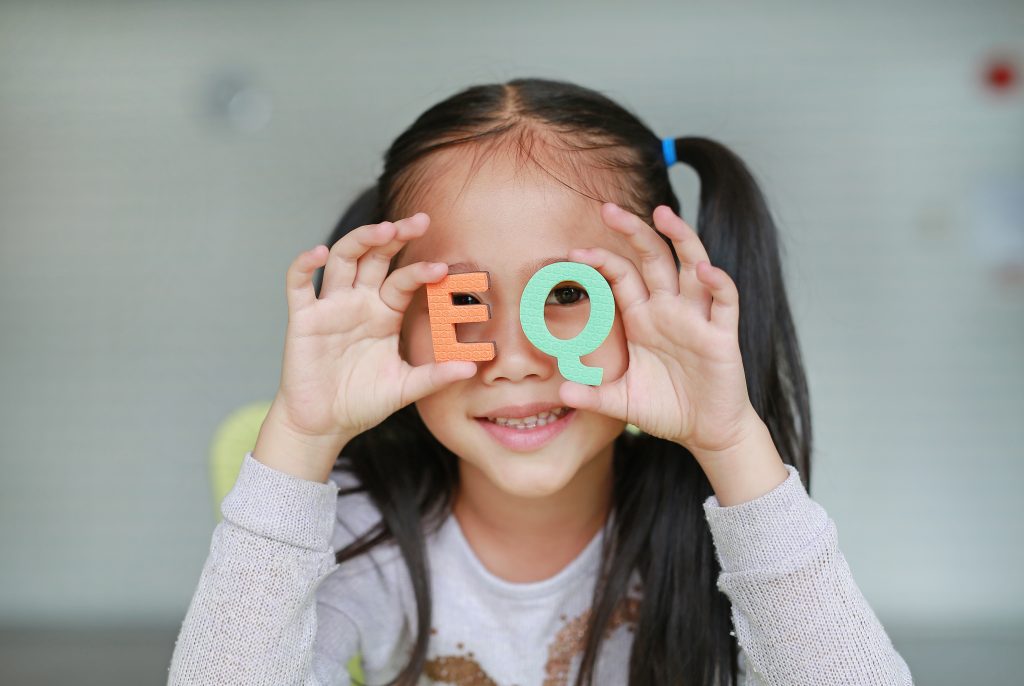What is social-emotional learning?
The incredible process of learning occurs when we take in and make sense of new information. This process is taxing on our cognitive abilities, such as our decision-making skills and our capacity to face the challenges of creating meaning from the unfamiliar. The function of these mental processes are affected by the way in which we interact with others and regulate our emotions. There are several types of learning that take into consideration different factors associated with the learning process. Social-emotional learning is a type of learning that considers the social skills and emotions of the learner.
How Social-Emotional Learning Leads to Better Academic Performance
Social-emotional learning helps students perform better academically. However, better academic performance is a secondary benefit of social-emotional learning that results from the immediate benefits of improved social skills. Social skills are important in building strong relationships, making decisions, and dealing with emotions in a healthy way. Mastery of these skills allows students to feel more comfortable with themselves. Therefore, a socially competent student will experience less stress in the learning environment. With more ease in student-to-student and student-to-teacher interactions, the student is able to more effectively participate in the learning process. Moreover, improved social skills lead to better behavior in school, and can limit the amount of bullying in schools. If behavioral and bullying issues are minimized, then the student can focus on performing better in academics.

Why Social-Emotional Learning Needs to Be Taught in Schools
There is a wide range of benefits with this learning style that contribute to a student’s success beyond academics. However, since we do not automatically know how to use social-emotional skills, it is important that it is taught in school. Moreover, it is best to start this type of learning at a young age so that students and teachers can set themselves up for success right from the start. A teacher can help students develop an awareness of these skills, and how to harness them to facilitate their own learning by:
- explaining social-emotional skills to students;
- explaining the way in which they adapt their classroom management and teaching methods in relation to students’ social-emotional skills; and
- incorporating social-emotional concepts in activities and lessons. Some examples are: having students work in groups, and asking students to think critically about who and what they are learning about; and creating lessons that encourage students to talk about their feelings.

Social-Emotional Learning Leads to Success Beyond the Classroom
Having strong social-emotional skills helps you have great relationships, improves on your communication skills, and allows you to handle conflicts appropriately. It keeps you healthy and allows you to take better care of yourself, which is key to success in every aspect of life. Those who have learned and used social-emotional skills in school have a higher chance of receiving post-high school education and getting a job after graduation. It is important to have well-developed social-emotional skills, not just for school, but for life. It starts in the classroom. Students who learn about social-emotional skills and learning techniques are set up to succeed in school and beyond!
References:
- https://casel.org/overview/sel/
- Clark, Alexis. “Social-emotional learning: What you need to know” https://www.understood.org/en/learning-thinking-differences/treatments-approaches/educational-strategies/social-emotional-learning-what-you-need-to-know
- Staff Writers. “Why is Social-Emotional Learning Important?”
















